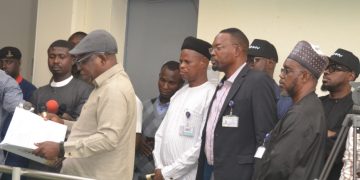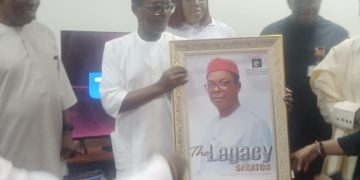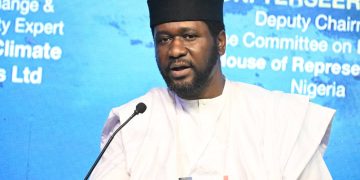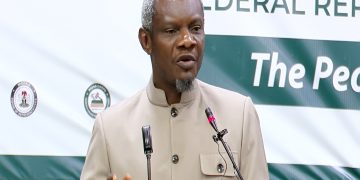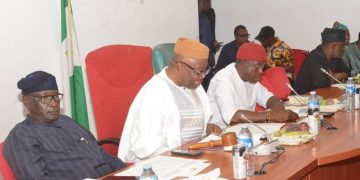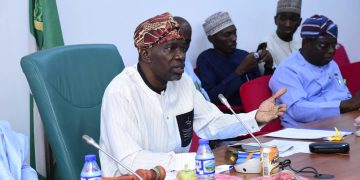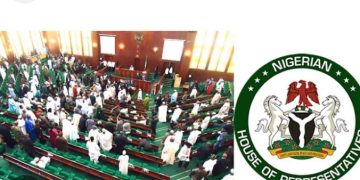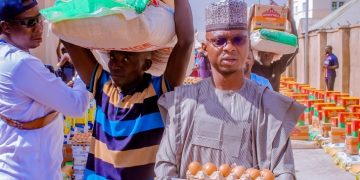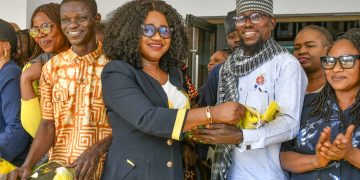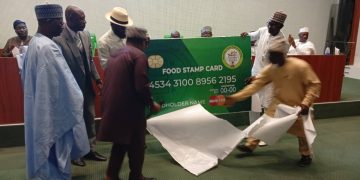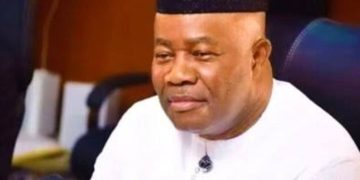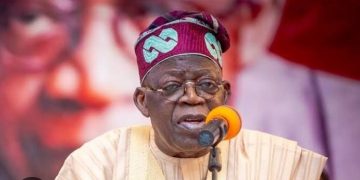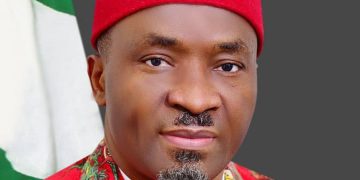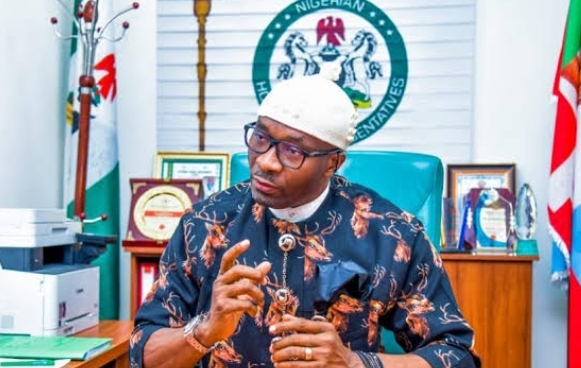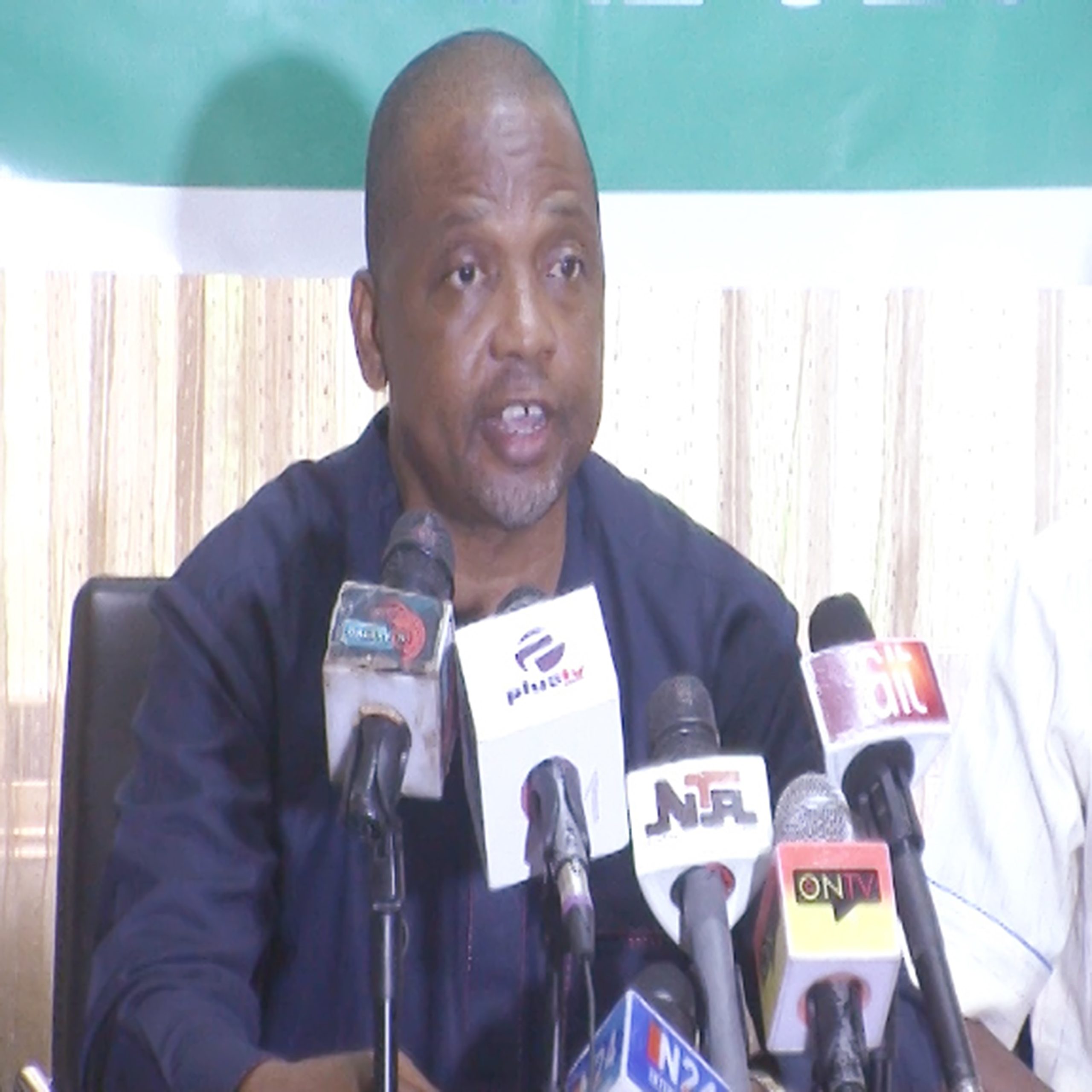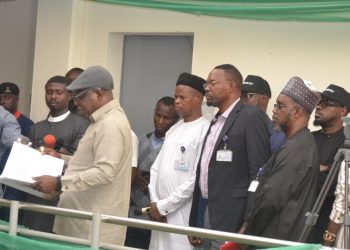By Comfort Olayinka
The Deputy Speaker of the House of Representatives, Rt. Hon. Benjamin Okezie Kalu, has officially unveiled a compendium summarizing 86 Constitution Review Bills currently under consideration by the National Assembly, marking a major milestone in Nigeria’s constitutional reform process.
Speaking at a press conference in Abuja alongside members of the Constitution Review Committee, which he chairs, Kalu emphasized that the bills cover 13 critical thematic areas, ranging from Electoral and Judicial Reforms to Devolution of Powers, Security, Traditional Institutions, and the Creation of States and Local Governments.
“This is a people-driven process,” Kalu said, noting that the summarized compendium—complete with explanatory memoranda and detailed bill titles—was designed to aid public understanding and input. “We want Nigerians to interrogate the bills, seek clarifications, and contribute meaningful ideas that reflect their aspirations.”
To deepen citizen engagement, the Committee announced a series of Zonal Public Hearings across 12 centres nationwide. These will take place from July 11–13 in the North and July 18–20 in the South, culminating in a National Public Hearing on July 21, 2025.
Kalu urged all stakeholders—including civil society groups, traditional rulers, professional bodies, and ordinary Nigerians—to participate actively. He directed the public to download the compendium from www.hccr.gov.ng and submit feedback.
“The success of this constitutional review lies in your hands,” he said. “We must build a more inclusive and responsive constitution, and your voice matters.”
He said: “I agree with you that engagement is the true reflection of participatory democracy. If you leave that out of the door, then you are making laws for yourself, not for the people.
“So that is why you are seeing that we are taking this journey from the time we advertised for memoranda. And you know, we called the public to say what they think. Those grassroots were part of the people we are calling. Remember, those grassroots, they have leaders. There are people leading them. Community leaders, Traditional Leaders, Religious organization, Faith-based organization Leaders, Civil Society leaders.
“They are part of the grassroots. And we have received memoranda from the representatives of these stakeholders, including the grassroots. Market women, all of them. We have received from drivers. We have received from all walks of life. And we also try to make sure that we work with the Governors of various States to help us with the President-Generals or community leaders or community heads in their various Local Governments, through town crying, like in the south they do town crying, or even advertising it in the churches or in the mosque.
“So that the day of the event, the place will be filled up, and these grassroots we have in mind, that we also have in mind, they will be present there to be heard. And another effort we are making is ensuring that people who speak the same language are in the room to interpret this compendium for those not understand the big English here, there are people there.


